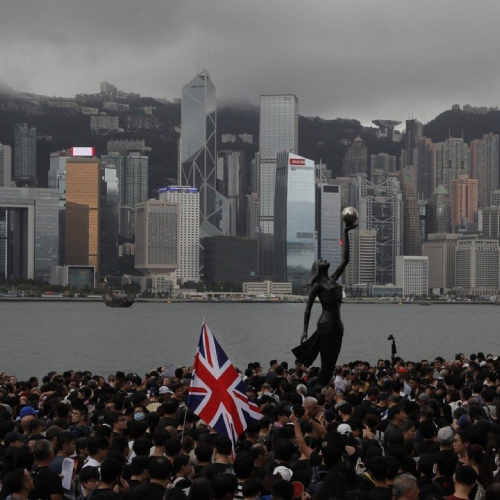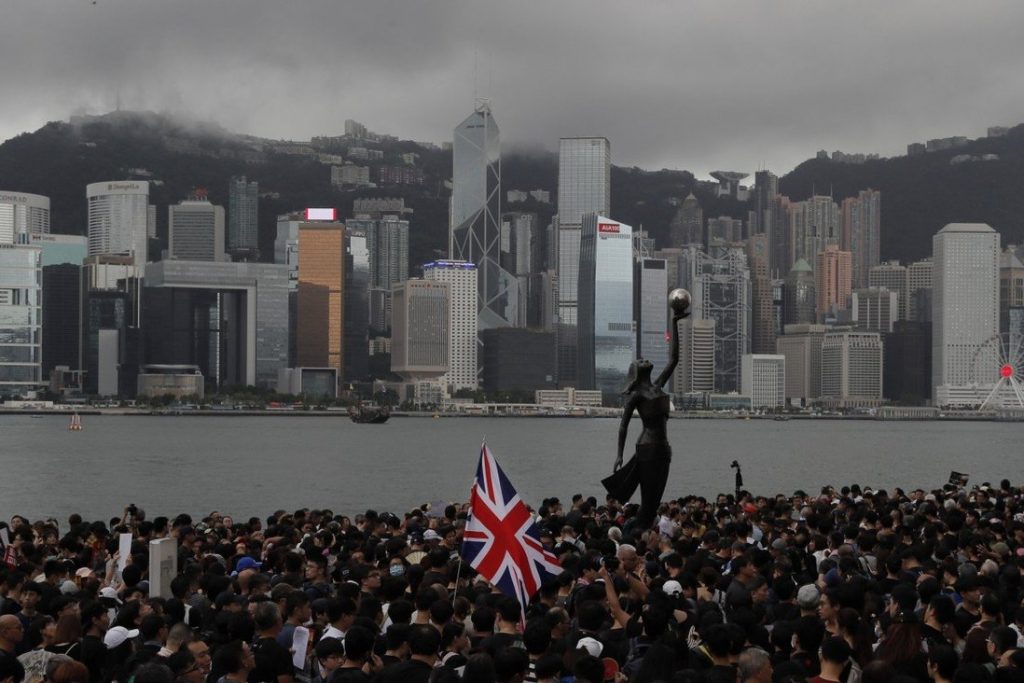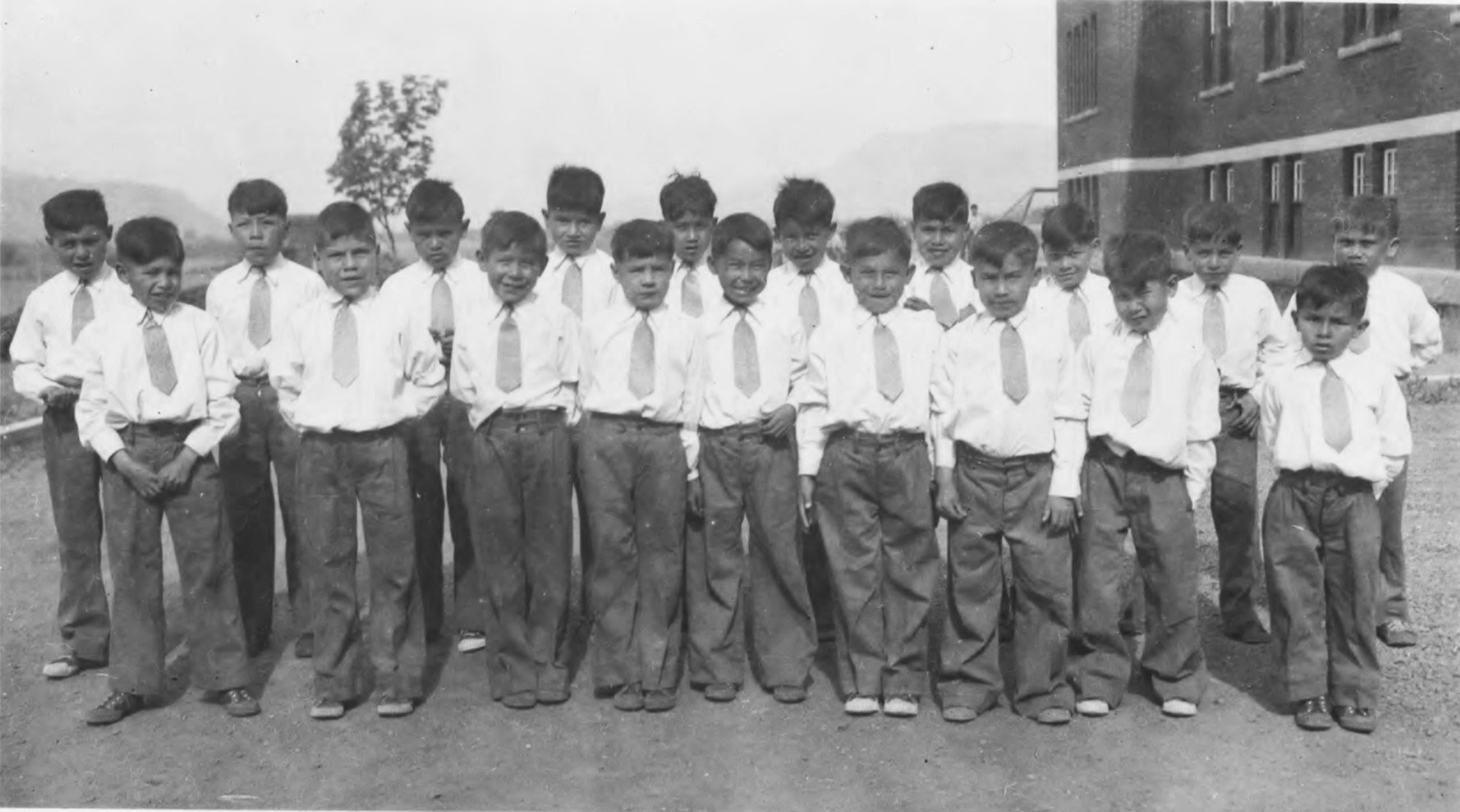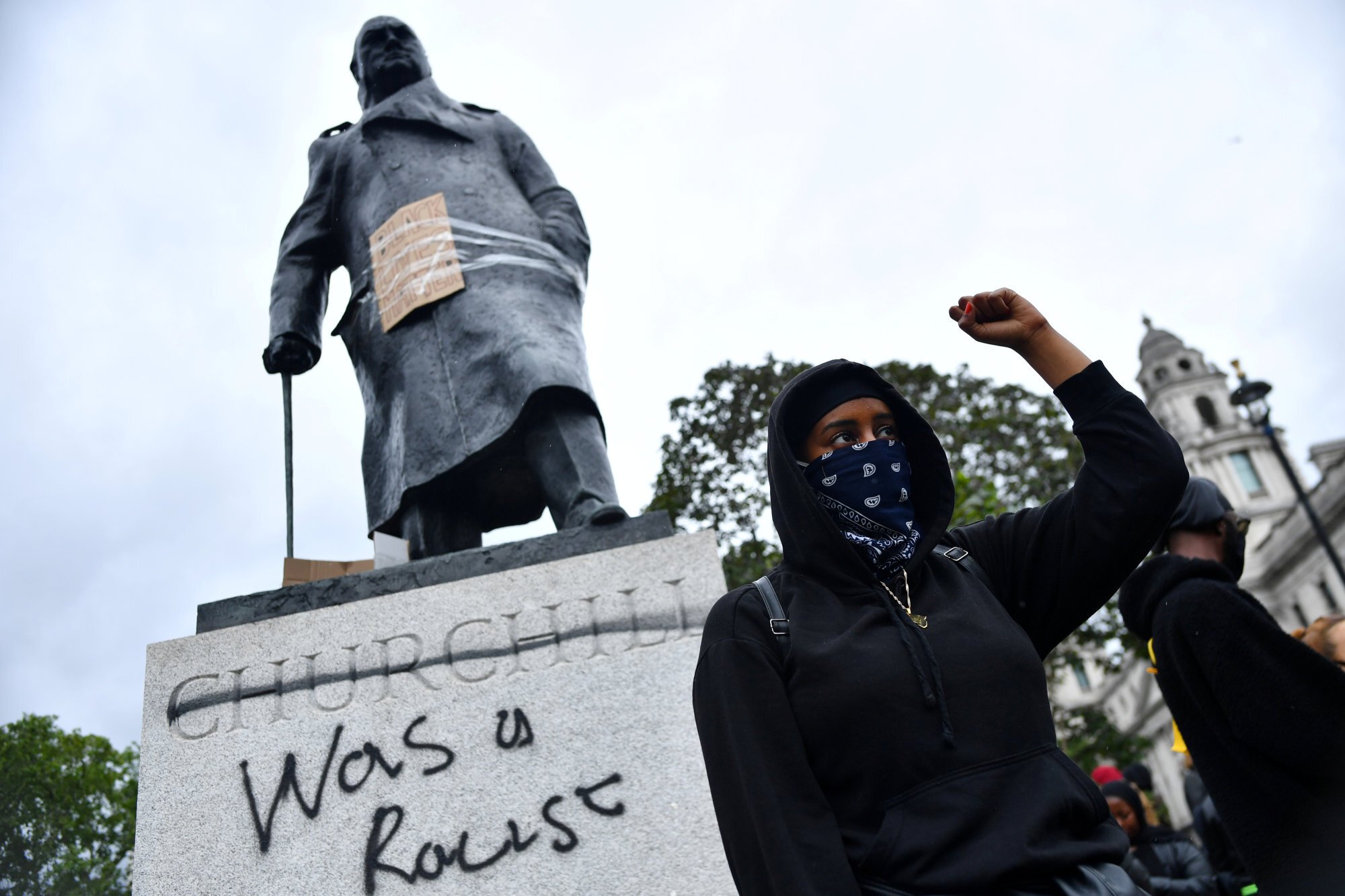This is not accidental. It is a selective retelling of history that enables the West to maintain its global dominance through the indoctrination of Westerners and non-Westerners alike – or as the brilliant French-West Indian political philosopher Frantz Fanon called it: colonisation of the mind.
It is critically important that young people understand what “colonisation of the mind” means so they begin to ask the right questions about their countries and the current world order. In the context of retelling history, it refers to how curated historical viewpoints are used to construct opposing identities in the minds of Westerners and non-Westerners, to the benefit of the former. For a Westerner, this identity is based on superiority: believing you and your culture are better than others, and that the West’s current global dominance is unrelated to the colonial rape of the world. For a non-Westerner, this identity is based on subservience: believing Western people and cultures are better than your own and should be emulated because they represent advancement and equality.
Some may scoff and consider this as outdated postcolonial rhetoric and an attempt to twist history or even a conspiracy theory. But to quote an oft-used phrase: “History is written by victors.” This aptly – if simplistically – explains why the world has been spoon-fed certain re-tellings of history, because the victors of the last few centuries have been Western colonialists and conquerors. In fact, the phrase itself is an example: it is attributed to Winston Churchill, though he did not invent it (the source is unknown). The man is lauded for the wisdom of a phrase that is not his own, but is he known for passing deeply racist foreign policy that resulted in the starvation of three million Bengalis? No. British students are taught about famines caused by Mao, but not those caused by Churchill.
It is in schools around the world where much of this conditioning occurs, through syllabuses that stem from Western colonial education systems, particularly those exported by France, Spain, Portugal and Britain. These curriculums were replicated in colonies across Africa, South America, Southeast Asia, India, and Japan, and their modern-day counterparts often do not explain how colonisation has enabled the West to continue its economic and cultural influence into the present day. Young people in Hong Kong are a good example, as they are taught through a British education system to dislike China and worship the West. They are enamoured by all things Western and some even educated to believe they are not Chinese. Missionary schools throughout the colonies played an important role in this “mind capture” with religion sadly used as an instrument of subjugation.
Instead, imperialism, colonialism, and racism are painted as things of the past, as if ended by the decolonisation and civil rights movements of the twentieth century. This selective teaching promotes the myth of the “benevolent West”: that the West has acted as a benign force towards other cultures and that it continues to have a positive influence on the world through its economic models, governance systems, cultures, and more. Essentially, it is very effective propaganda.






























